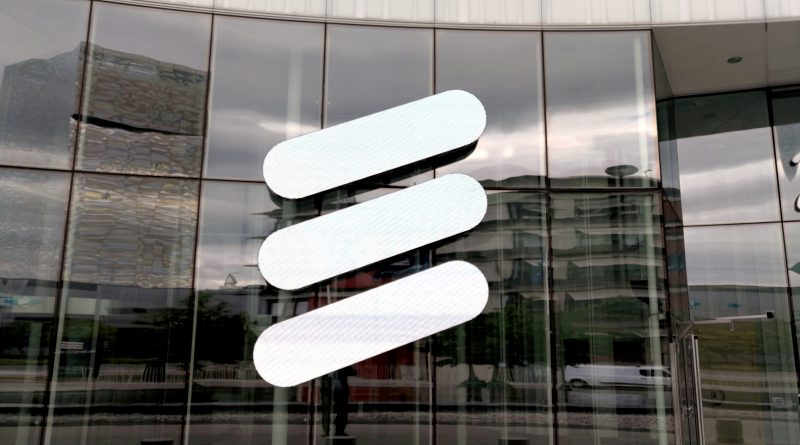Ericsson investigates reports of Iraq revoking work permits
Stockholm (Reuters) – Ericsson (ERICb.ST) is investigating reports Baghdad has suspended employees’ work permits in Iraq and the potential implications for customers and staff in the country, the Swedish telecom gear company said on Friday.
On Thursday, Iraq expelled the Swedish ambassador in protest at a planned burning of the Koran in Stockholm that prompted protesters to storm the Swedish embassy in Baghdad.
Iraq’s state news agency reported on Thursday that Ericsson’s working permit in Iraq had been suspended.
But on Friday an adviser for the Iraqi Prime Minister denied that report.
“All contractual agreements made by the government of Iraq will be respected and no company have been suspended from its work, including Ericsson,” Farhad Alaaldin said.
Two protesters in Stockholm on Thursday kicked and partly destroyed a book they said was the Koran, but did not set it alight. Sweden has, however, experienced a number of Koran burnings in recent years, mostly by far-right and anti-Muslim activists.
“The incidents in Sweden, involving the burning of the Holy Quran, is deeply offensive to the religious beliefs and values cherished by Muslims around the world,” an Ericsson spokesperson said in an email.
“This act does not reflect Ericsson’s core value of respect.”
Ericsson, which has around 30 full-time employees in Iraq, said the safety of its staff, partners, and customers was its top priority.
“We respect all cultures and religions, and we place great importance on respecting our customers and our employees – and the communities in which we operate,” the spokesperson said.
“It is deeply problematic when freedom of expression turns to alienation between different cultures or religions.”
Iraq is a relatively small market by sales for Ericsson



